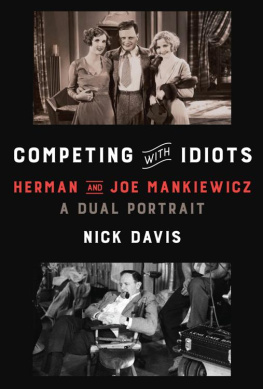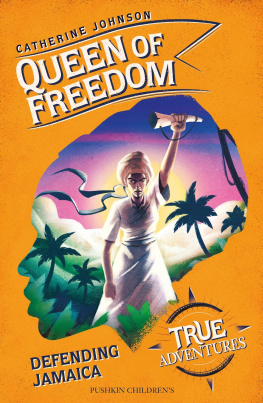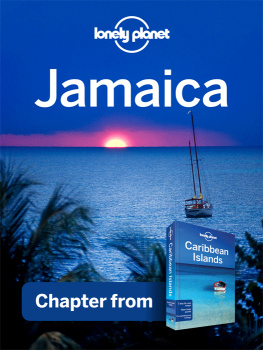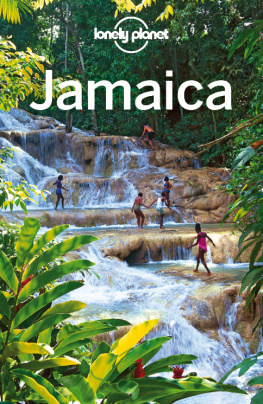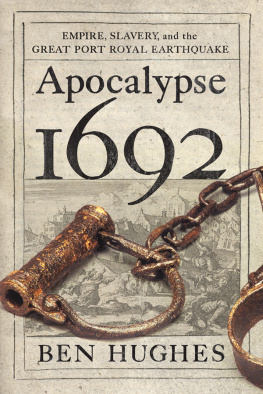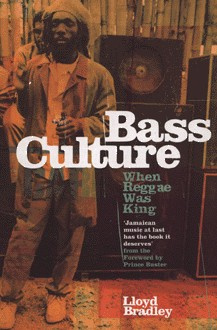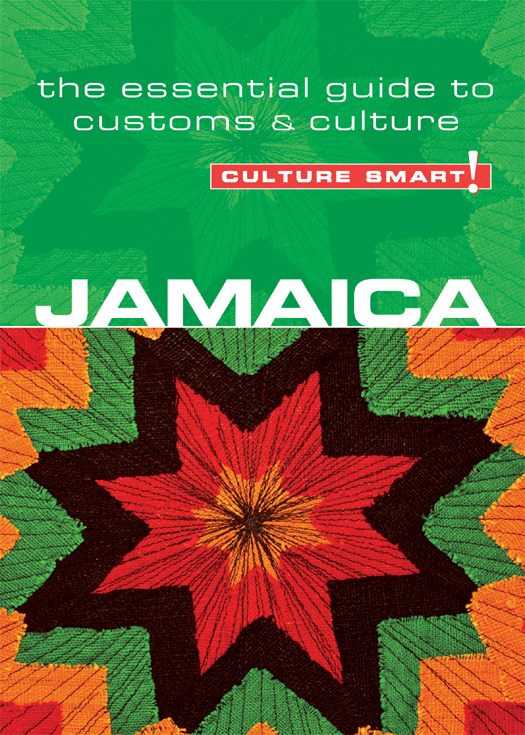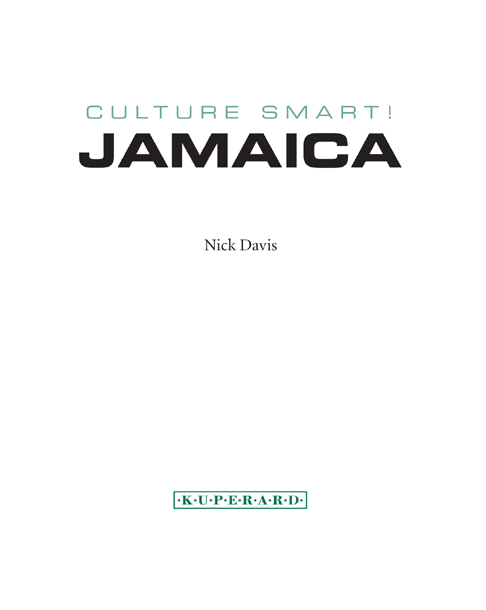eISBN: 978-1-85733-565-1
British Library Cataloguing in Publication Data
A CIP catalogue entry for this book is available from the
British Library
Copyright 2011 Kuperard
All rights reserved. No part of this publication may be reprinted or reproduced, stored in a retrieval system, or transmitted in any form or by any means without prior permission in writing from the publishers.
Culture Smart! is a registered trademark of Bravo Ltd
First published in Great Britain 2010
by Kuperard, an imprint of Bravo Ltd
59 Hutton Grove, London N12 8DS
Tel: +44 (0) 20 8446 2440 Fax: +44 (0) 20 8446 2441
www.culturesmart.co.uk
Inquiries:
Series Editor Geoffrey Chesler
Cover image: Rasta motif fotolia.com
The photographs on are reproduced by permission of Marta Lamolla.
Images on the following pages reproduced under Creative Commons Attribution-Share Alike 3.0 Unported license: Dirk.heldmaier
Images on these pages reproduced under Creative Commons Attribution-Share Alike 2.0 Generic license: , Creative Commons Attribution-No Derivs 2.0 Generic Peter Tea
v3.1
About the Author
NICK DAVIS is the BBCs Jamaica Correspondent, reporting for TV, Online, and Radio from the Caribbean. A graduate of Leeds Trinity University College and the University College of Falmouth, Nick specializes in Caribbean affairs and the West Indian diaspora in Britain. His parents went to the United Kingdom from Jamaica in the 1960s and returned to the island when he was sixteen. He has lived between the two countries ever since, helping to run their guesthouse on the North Coast. He also contributes regularly as a broadcaster on public radio in the USA and for CBC in Canada.
The Culture Smart! series is continuing to expand.
For further information and latest titles visit
www.culturesmart.co.uk
The publishers would like to thank CultureSmart!Consulting for its help in researching and developing the concept for this series.
CultureSmart!Consulting creates tailor-made seminars and consultancy programs to meet a wide range of corporate, public-sector, and individual needs. Whether delivering courses on multicultural team building in the USA, preparing Chinese engineers for a posting in Europe, training call-center staff in India, or raising the awareness of police forces to the needs of diverse ethnic communities, it provides essential, practical, and powerful skills worldwide to an increasingly international workforce.
For details, visit www.culturesmartconsulting.com
CultureSmart!Consulting and CultureSmart! guides have both contributed to and featured regularly in the weekly travel program Fast Track on BBC World TV.
contents
Map of Jamaica
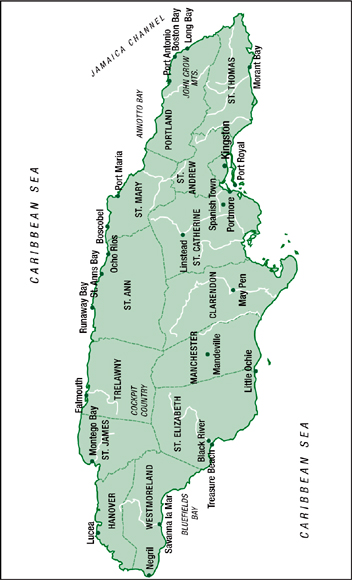
introduction
Jamaica has world recognition. There may be millions of people who cannot pinpoint it on a map but who will have heard of it, helped in no small part by the contribution of its bass-heavy heritageits one of the only countries with its own soundtrack. Jamaica is known internationally through Bob Marley, the king of reggae, and from the slow, old-school ska through to reggae and dancehall, its musical legacy looms large. This island overachieves for its small size, and its people are bursting with energy and driveJamaicas dominance in athletics is just another example of that.
Jamaica is a country of contradictions. Its image as a sun-drenched tropical paradise with a laid-back attitude conflicts sharply with its reputation for violence, particularly in the capital, Kingston. The country suffers from a PR problem, much of which has been created by tabloid headlines written thousands of miles away, painting a picture that bears no relation to the lives of most people on the island.
Music and sports aside, Jamaicas greatest export and asset is its warm, strong, and spirited people. Their ancestors, forced into a system designed to break the human spirit, remained unbroken. Despite the many hurdles the country still has to clear, the overriding feeling is that the Jamaicans will do it.
The largest of the English-speaking Caribbean countries, Jamaica was one of the jewels in the Imperial British Crown. Many of the ruling class in the smaller islands of the Caribbean educated their sons and daughters there, and it was the administrative center for the region. It is still of vital importance to the United Kingdom.
The countrys recent history has been dominated by the rocky road to independence and the path its leaders have since trodden. It went from a situation where a small minority controlled much of the wealth to a form of socialism that saw much of that same wealth and experience flee. Politics looked ready to consume the country in the early 1980s, when it was on the verge of civil war and nightly curfews were the norm, as it became another front in the Cold War.
There is a great deal more to Jamaica, however, than its troubled politics or the palm-fringed beaches and all-inclusive holiday resorts that have come to typify it. One of the most intriguing countries in the region, it leaves an impression that is, like the character of its people, larger than life. Culture Smart! Jamaica will take you through the gates and beyond the clichs to the real life of the island. It will show you the roots and explain the nuances of modern-day Jamaican society, and help you to enjoy and make the most of your visit to this amazing and invigorating country.
Key Facts
| Official Name | Jamaica | A member of CARICOM, OAS, and the Commonwealth |
| Capital City | Kingston | Kingston had a pop. of 96,052 in the last census in 2001. Including the parish of St Andrew there were 667,778 in 2009. |
| Main Cities | Spanish Town, Portmore, May Pen, Mandeville, Ocho Rios, Port Antonio, Negril, Montego Bay |
| Area | 4,244 sq. miles (10,991 sq. km) |
| Climate | Tropical. Hurricanes frequent from July to November |
| Population | 2.7 million (2009 est.) |
| Ethnic Makeup | Black 91.2%, mixed 6.2%, other or unknown 2.6% (2001 census) |
| Languages | English, English Patois |
| Religion | Christianity is the dominant faith (65 percent). Major Protestant denominations include Seventh-day Adventist, Church of God, Baptist, and Pentecostal. | There is a small but significant Roman Catholic community. Rastafari (1 percent); others include Revivalisim and Kumina. Small Hindu, Muslim, and Jewish communities |
| Government | Bicameral parliament: Senate and House of Representatives | Senate appointed by the governor general on recommendations of the prime minister and the leader of opposition. Ruling party allocated 13 seats, opposition 18. The House of Representatives has 60 seats. MPs elected by popular vote to serve 5-year terms |


